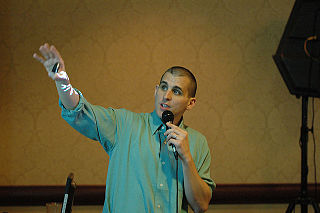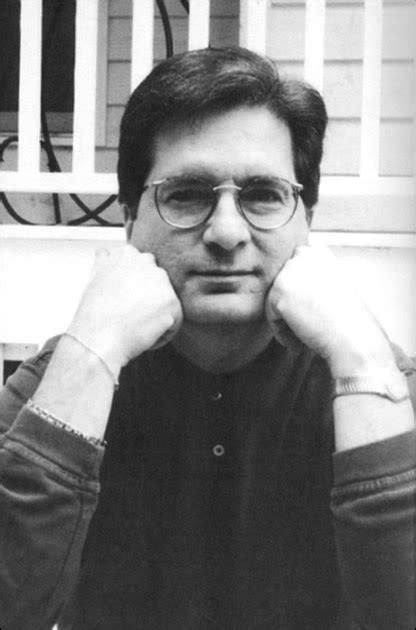A Quote by Paul Auster
I write different kinds of sentences, depending on what the book is, and what the project is. I see my work evolving. I'm writing long sentences now, something I didn't use to do. I had some kind of breakthrough, five or six years ago, in Invisible, and in Sunset Park after that. I discovered a new way to write sentences. And I find it exhilarating.
Related Quotes
For many years I wanted to be a rock star but of course that didn't work out. I did however write on napkins and pieces of paper sentences and occurrences. I decided maybe I should write a book because I had been writing so much. I'm actually writing a book based on The Room that will hopefully be published soon.
I always tell my students to write the story all the way through, not to play with the language and fall in love with sentences that you then have to cut. I actually find that really difficult to do; there's something so demoralizing about looking at a pile of not very great sentences. As I ease into writing every morning, I tweak a sentence and then tweak a paragraph.
When I was writing the first few books, what I would do is write a bunch of sentences and then go back and expand and explode those sentences, pack as much into them as I could, so they'd kind of be like popcorn kernels popping... all this stuff in there to make the writing dense, and beautiful for its density.
You write down a paragraph or two describing several different subjects creating a kind of story ingredients-list, I suppose, and then cut the sentences into four or five-word sections; mix em up and reconnect them. You can get some pretty interesting idea combinations like this. You can use them as is or, if you have a craven need to not lose control, bounce off these ideas and write whole new sections.
When I was younger, I dreaded having to write. I would find every possible excuse not to sit down at the typewriter (this was a long time ago). As I've gotten older, I've learned to enjoy putting sentences together, though I still believe that writing, unlike sex, is always better after you're through.
If you directly try to write about an idea, it will never be what you imagined. But if you're imagining through the building of sentences, through the characters, and paying attention to avoid ease and comfort yet still thinking about making the sentences work, you will get a shot at some real interesting stuff.


































